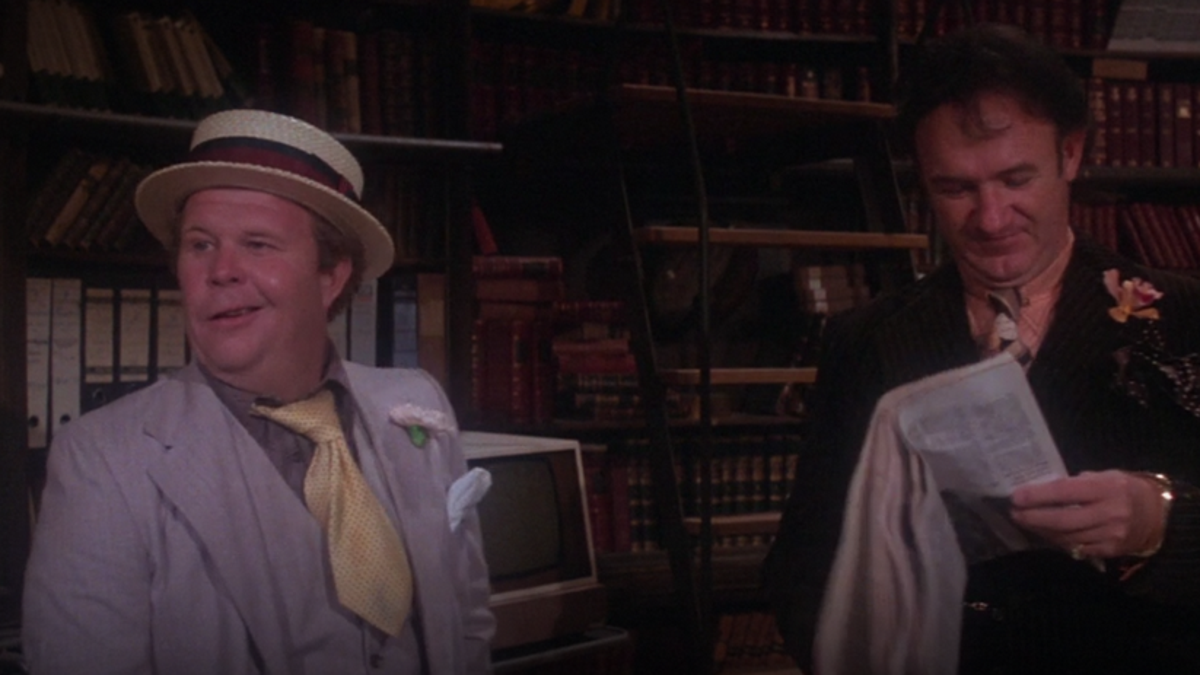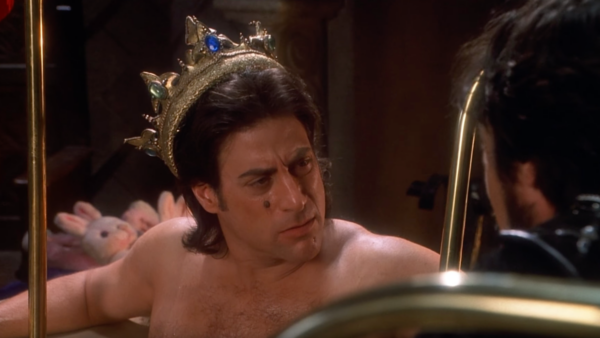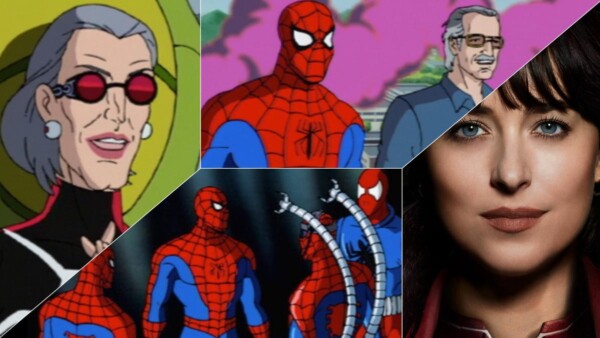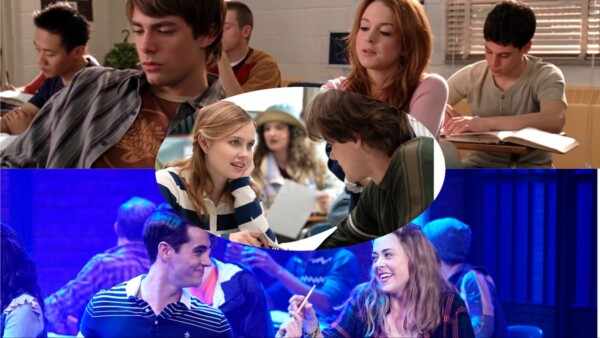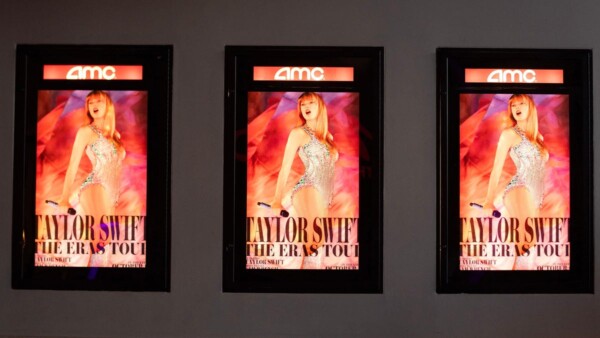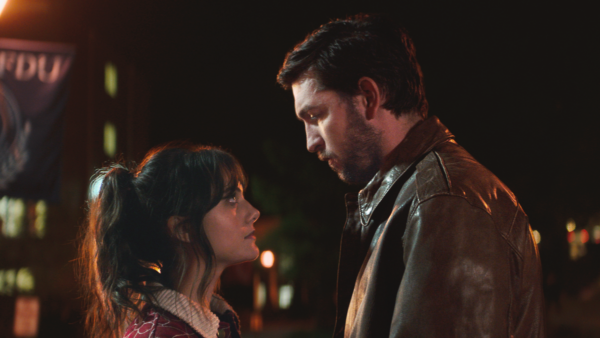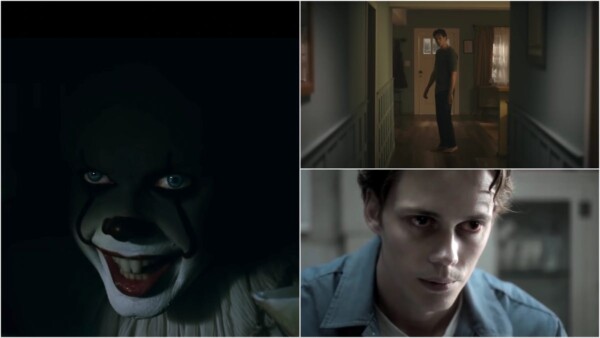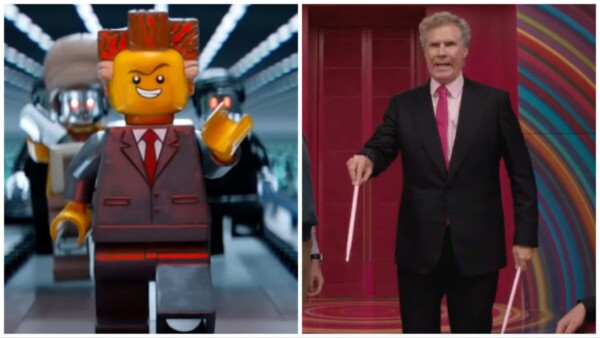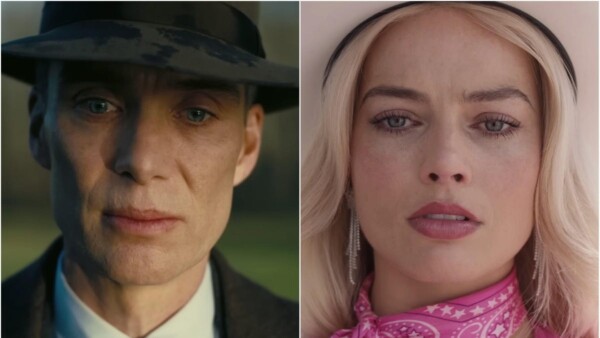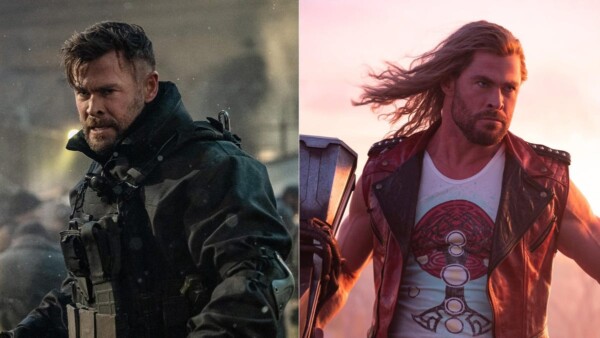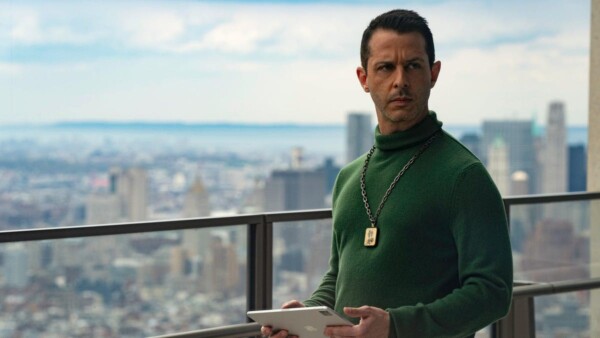Mobile Suit Gundam Hathaway, available now on Netflix after a COVID-delayed theatrical release in Japan earlier this year, is a follow-up movie to the original Mobile Suit Gundam anime and a fairly direct sequel to the extremely lore-heavy Char’s Counterattack (also on Netflix now). Surprisingly, little of that matters. You don’t really need to know much about Char Aznable, because the one shot of him in a dramatic military uniform making a speech tells you exactly the kind of guy he was. You also don’t need to know why most of the movie takes place in Southeast Asia and why there’s a big hole in Australia. Hell, you don’t even need to know what a Gundam is, because once the first one shows up and thoroughly wrecks everything, it’s clear that Hathaway’s version of big robots aren’t cool friends or toys, they’re goddamn nightmares.
Steve Carell on the genius of the minions
The one thing you do need to know going into this movie is basically common knowledge: Because of their wealth or celebrity or just their whiteness, certain people can get away with anything. Hathaway relegates the sci-fi politics and robot action to the background, a rare move even for a series that tries as hard to be “about” something as Gundam does. And that’s because the film’s real concern is forcing its hero, Hathaway Noa, to recognize the privilege he carries in even getting to be the hero. Noa, the son of a major character from Mobile Suit Gundam, is willing to do whatever it takes to change the world. But it’s not until a key point in the movie that he realizes that he could just give up, go home, and live a particularly cushy life and nobody would ever notice or care… which he actually considers doing. Hathaway, in other words, reckons with privilege in a way that action movies like this rarely (if ever) do.
Unlike most Gundam heroes, Hathaway isn’t a soldier or a good man in a corrupt system. He’s a full-on terrorist, secretly fighting under the name Mafty Navue Erin to undermine the global Earth government; his goal is force everyone into space colonies so the Earth can recover from all of the damage that people have done to it. (Remember that hole in Australia?) For the first half of the movie, we’re meant to take it on faith that he’s doing The Right Thing, that he has the support of the common man, and that his father’s status as a highly respected military commander and war hero is a burden that complicates his mission. He’s fighting a tyrannical government for the good of the planet! Who could possibly object to what he’s doing? The key point where Hathaway’s attitude changes doesn’t happen in a battle scene or during an overly dramatic screaming match. It occurs when a slightly bored Hathaway gets in a cab to sneak away from some overzealous cops (“Hunters”) and get back to his comically lavish high-rise hotel—provided to him by the very government he’s planning to destroy. Here’s the conversation in full:
Driver: The Hunters here are bad, aren’t they? It’s always like this. I wonder why Mafty doesn’t strike back.
Hathaway: You’re right. They should be taken out with the trash.
Driver: He’s too eggheaded, though. He’s trying to get everyone up into space, right? That, I don’t understand. The environment in Davao isn’t that polluted.
Hathaway: But there’s less greenery now and people can’t fish, right?
Driver: There’s enough for everyone on the island to eat.
Hathaway: But Mafty’s talking about a thousand years in the future.
Driver: He must have a lot of time on his hands. I’m too busy making a living to think that far ahead.
Hathaway: Too busy?
Driver: Right. When I’m focusing on getting money to pay off some bigwig so I can get an Earth residency permit, I can’t even think about the day after tomorrow.
Hathaway lives in space and is permitted to be on the planet because of a special dispensation he received for who his father is (and because his cover involves going to Earth to study botany), and when he arrived on Earth, he received what is essentially a limitless credit card with no strings attached. He’s been given free rein to do whatever he wants while staying in an excessively extravagant hotel, and even the people who suspect that he’s the real Mafty are willing to look the other way because he’s Hathaway freakin’ Noa. He’s a celebrity! Immediately after the cab ride, there’s a cut to Hathaway unlocking his hotel room door with the card the government gave him, and after a conversation with a mysterious young woman named Gigi who he met on his trip down from space (the one person who immediately suspects that he’s Mafty, for reasons that will probably be detailed in the eventual sequel), he eats a fancy room service dinner and then lays in bed, staring at the card of infinite money and reflecting on what the man said to him.
The only reason Hathaway has the freedom to think about how mankind should abandon the Earth and put together schemes to force the government’s hand is because he doesn’t have to worry about living day-to-day like the cab driver does. His plans involve killing politicians, if necessary, but they don’t account for how a mandatory emigration from the Earth will impact the people who are just scraping by as it is. He’s so invested in high-minded ideals about what’s right and wrong that it doesn’t occur to him to consider anything else, because that’s the role he’s destined to serve as the hero of a sci-fi anime. In this moment, though, he makes a subtle shift away from the stereotypical moral righteousness of an action hero. Rather than barreling forward with his plan because the plot demands that it’s the right thing to do, he chooses to go through with it because, even after recognizing its shortcomings and potential unintended victims, he actually believes that it’s the right thing to do.
Ultimately, Hathaway decides that “as long as there are exceptions to the rules, people will try to cheat.” He’s an exception to the rules, because he’s the son of a celebrity who gets resources and leeway that the average person wouldn’t get, but he knows that being special doesn’t actually mean anything. So he embraces the fact that he’s an exception and uses it to recommit himself to the Mafty persona, effectively burning any bridges to his life as Hathaway, joining the rest of his terrorist army on a boat, and leaving Gigi in the hands of a dangerously ambitious soldier, even though she knows he’s Mafty and no longer has any incentive to keep his secret now that he’s gone. He’s not necessarily on a different path than he would’ve been on if he hadn’t met the cab driver. But he’s been forced to weigh his actions against the actual human lives that they might cost and come away more confident that it’s the right thing to do and that he’s the only one who can do it. He becomes the protagonist, not because of destiny or happenstance, but because it’s what he chooses to do.
Der obige Text ist eine maschinelle Übersetzung. Quelle: https://www.avclub.com/mobile-suit-gundam-hathaway-reckons-with-the-privilege-1847228242?rand=21959



